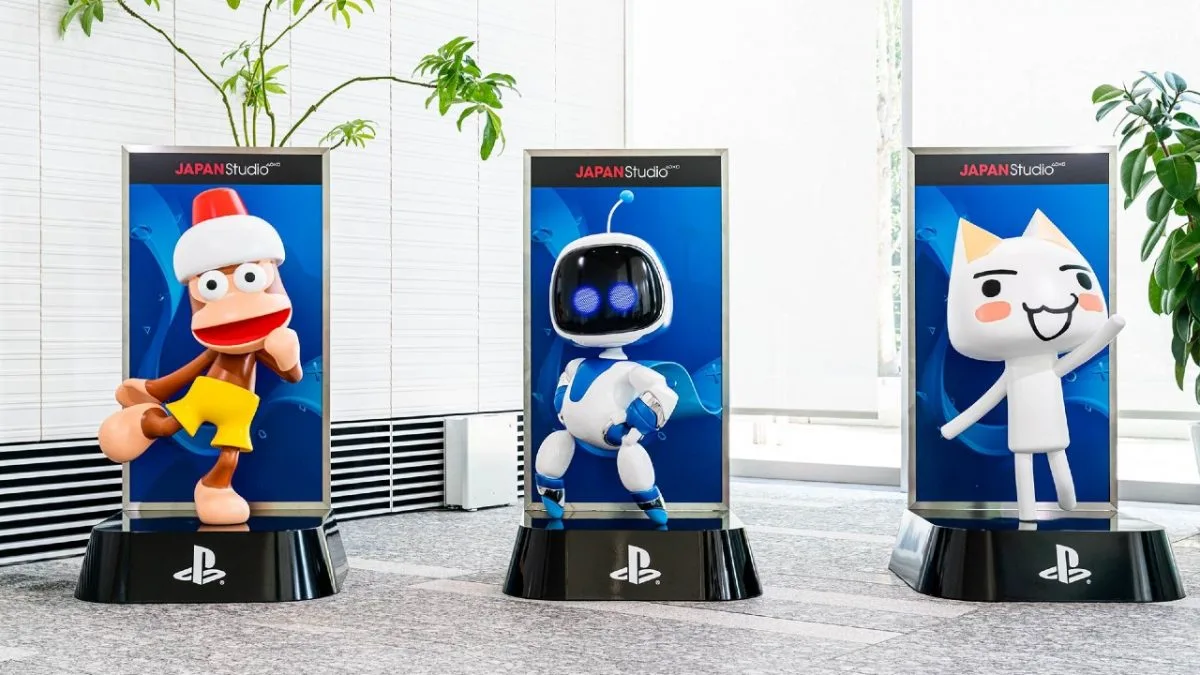
In a recent interview on the Sacred Symbols PlayStation Podcast, former PlayStation boss Shuhei Yoshida shed light on the closure of Sony Japan Studios, a decision that left many fans and industry insiders puzzled. Yoshida attributed the closure to the disappearance of the “double-A” game market, which he believes played a significant role in the studio’s downfall.
During his tenure at PlayStation, Yoshida acknowledged that Japan Studio produced many great games, but they rarely achieved the same level of commercial success as their AAA counterparts.
Other than Gran Turismo, we didn’t really have many triple-A-level successful products.
As the gaming industry shifted its focus towards larger, blockbuster titles, the double-A market struggled to compete.
Yoshida cited Gravity Rush 2 as an example, noting that director Keiichiro Toyama pitched several ideas for a follow-up, but none of them could be greenlit due to market conditions.
The market became really difficult for these kinds of games.
This shift in the market dynamics ultimately led to the closure of Japan Studio in April 2021.
Despite the closure, the legacy of Japan Studio lives on through Team Asobi, a spin-off studio that developed the acclaimed Astro Bot series. The studio’s recent release, Astro Bot, even won The Game Awards’ 2024 Game of the Year, showcasing the continued creativity and talent of the former Japan Studio team.
Yoshida’s comments have sparked a conversation about the challenges faced by mid-sized game studios in today’s market. While the closure of Japan Studio was a significant loss, it also highlights the evolving nature of the gaming industry and the need for studios to adapt to changing market conditions.

